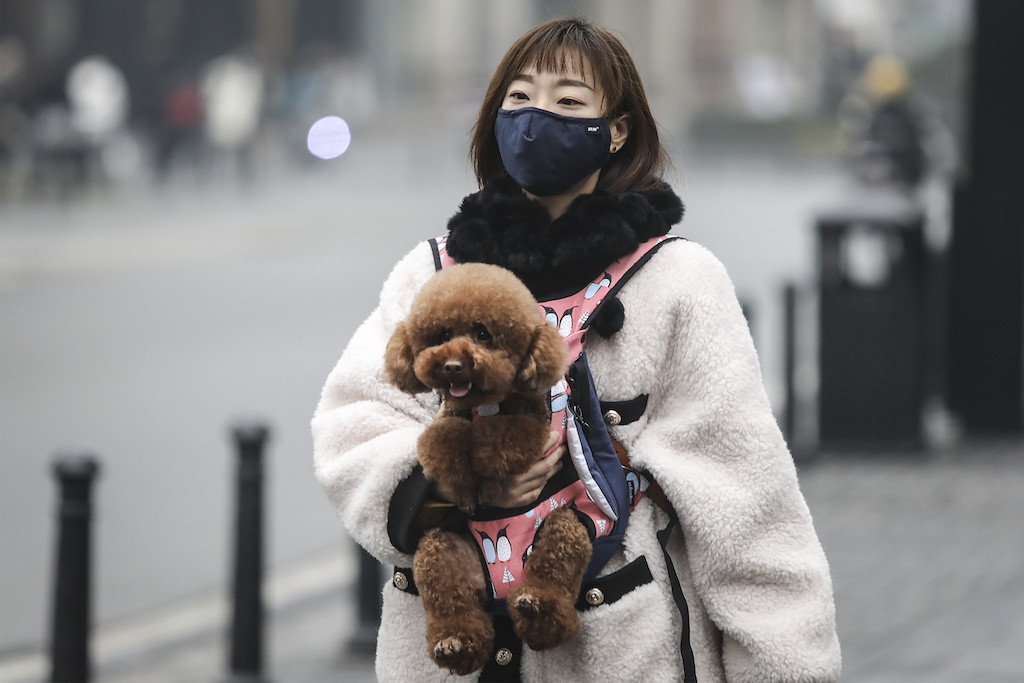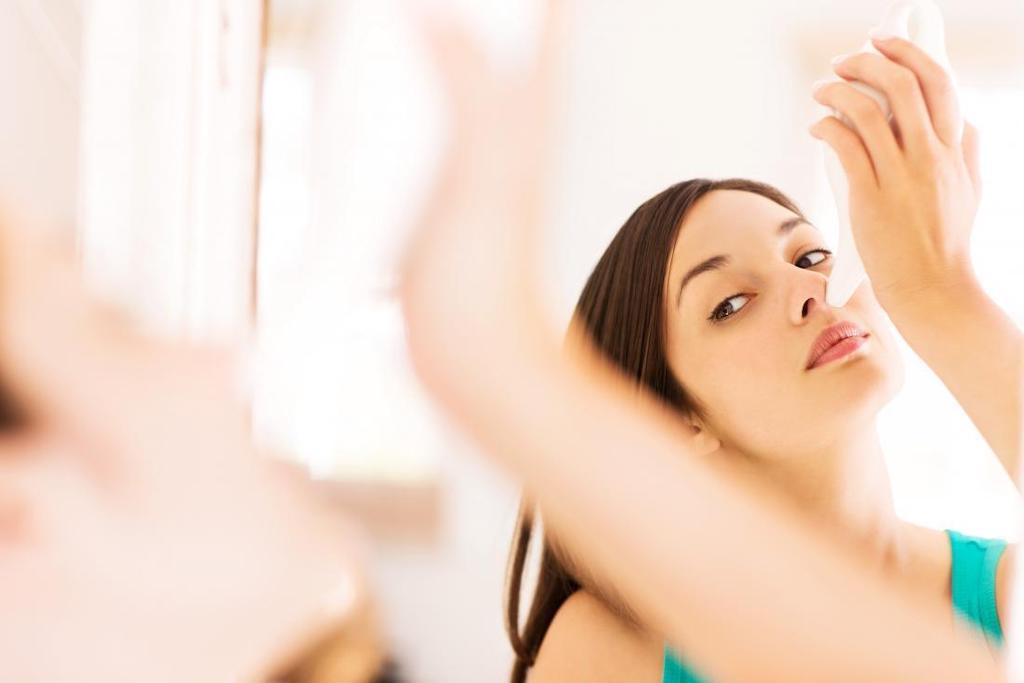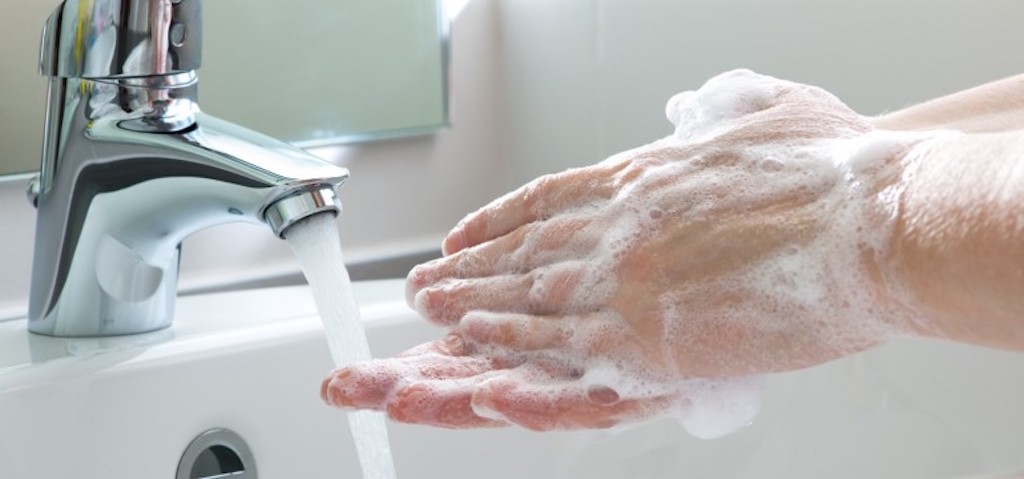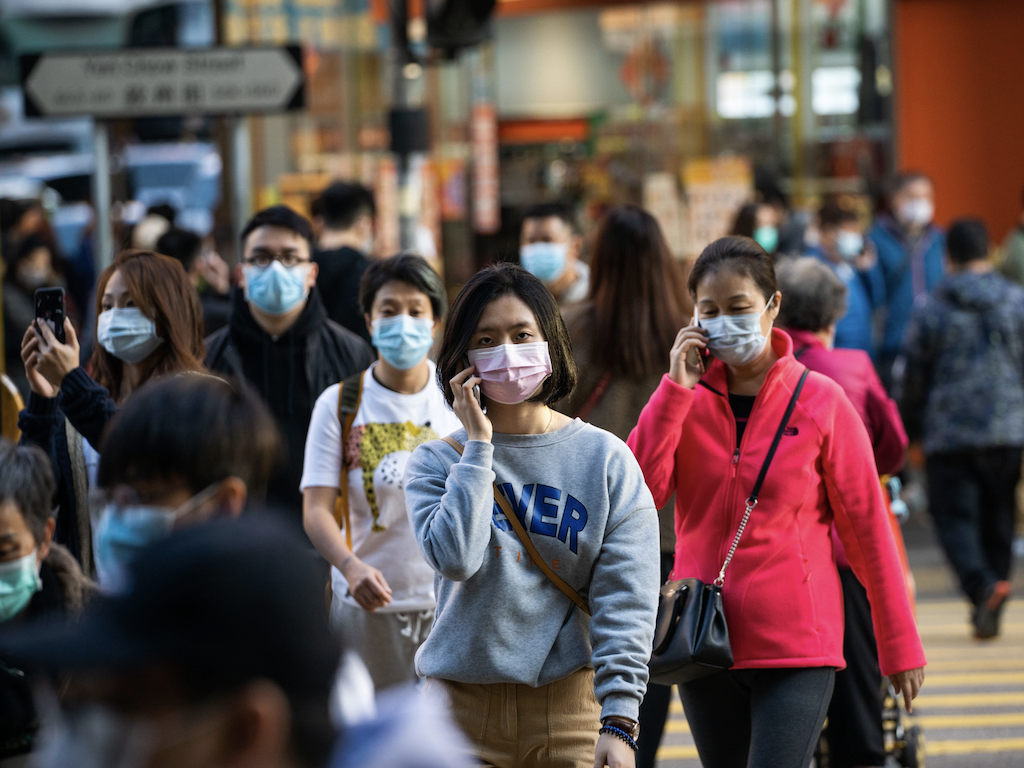5 Mins Read
As of press time, Chinese state media has confirmed that coronavirus cases in the country stands at over 20,438 with a death toll of 425. There are an additional 15 confirmed cases, 1 death, and hundreds being quarantined or monitored in Hong Kong, 8 cases in Macao and 10 in Taiwan. As the novel coronavirus originating from Wuhan–temporarily named the 2019-nCoV–continues to spread globally, so has the misinformation surrounding prevention measures. As our Editor-in-Chief Sonalie Figueiras asked in her Editor’s Letter this week, are we overreacting?
Read our previous coverage on the 2019-nCoV: Precautions to take & what type of mask you should be wearing.
With dozens of myths being shared across online social media around different ways to prevent catching or spreading the novel coronavirus, it is important to find out the truth about whether these theories work, and whether they have been scientifically backed. Since the World Health Organisation (WHO) declared a global emergency on the 30th January 2020, medical experts and scientists from the organisation have addressed some of the untrue claims that have been circulating, and here is what they have said.
Can pets at home spread the 2019-nCoV?

The WHO has said that there is currently no evidence that pets such as dogs and cats can be infected with the novel coronavirus. However, they maintain that it is recommended to wash your hands with soap and water for at least 20 seconds after contact with pets, especially before meals or touching your face. This will protect you from various common bacteria, such as E.coli and Salmonella, which can be passed between pets and humans, and is a good hygiene habit to adhere to during the outbreak of the virus.
Is it safe to receive letters or parcels from China?
Concerns have been flying across social media regarding whether the virus can be spread through packages, letters and online deliveries from or passing through China. However, the WHO has reiterated that these claims are false–people receiving parcels or letters from China are not at risk of contracting the novel coronavirus. According to scientific analysis, coronaviruses cannot survive for a long period of time on objects such as letters or packages.
Do vaccines against pneumonia protect you against 2019-nCoV?
No, because vaccines against pneumonia (such as pneumococcal vaccine and Haemophilus influenza type B vaccine) do not provide protection against the novel coronavirus. The current outbreak of the new type of coronavirus is so new and different that it requires its own vaccine, which has not yet been developed by researchers, though scientists across the world and at the WHO are currently working on it.
Does rinsing your nose with saline help prevent infection from 2019-nCoV?

While there is no evidence that rinsing your nose regularly with saline can protect you from protection from the new coronavirus or respiratory infections, there is evidence that it helps with the common cold. Nasal irrigation methods with saline water such as the Neti pot, which originates from the Ayurvedic tradition, can help flush out sinuses, colds and allergies–this makes them handy for the winter season, but remember it does not help prevent the novel coronavirus.
Read more about other traditional natural medicine tricks that help with the cold.
What about gargling mouthwash?
No, there is no evidence that using mouthwash can protect you from infection with the 2019-nCoV. The WHO says that some brands of mouthwash can help eliminate certain microbes for a few minutes in the saliva in your mouth, but it does not protect you from the novel coronavirus.
In addition, it is worth noting that using mouthwash regularly as a part of your dental routine has been associated with increased blood pressure due to an antiseptic compound common in conventional mouthwash brands on the market–chlorohexidine–which upsets your oral microbiome. Commercial mouthwashes also often contain other toxic ingredients such as hydrogen peroxide and methyl salicylate that shouldn’t play a role in our dental health.
Read more about other toxic ingredients that are common in everyday products.
Can eating garlic help prevent being infected with the new coronavirus?
Although garlic is indeed a healthy food with antimicrobial properties, there is no substantial link to show that it protects you from the current outbreak of the novel coronavirus. That being said, garlic contains organosulfur compounds that may help keep our hearts, brains and gut microbiome healthy, and has even been associated with a lower risk of various cancers.
Read more about natural plant-based immune-boosting foods.
What are the scientifically-proven precautions we should be taking?

The WHO has made a series of common sense precautions to protect ourselves against the 2019-nCov. These include regularly washing our hands with soap and water for at least 20 seconds, covering our nose and mouth when sneezing and coughing with a tissue or a flexed elbow, avoiding close contact with individuals displaying cold and flu-like symptoms, avoiding touching our eyes, nose and mouth, and wearing a surgical face mask to avoid transmission through droplets. Medical experts in Hong Kong have added that we should avoid crowded areas and markets, and always wear a surgical mask if we do go to places with lots of people, washing hands more frequently.
Read more about precautions we should take & what type of mask you should be wearing.
In terms of extra preventative measures we can each take, we should be consuming as many Vitamin C-rich foods as possible, drinking more filtered water than usual and eating nutritious plant-based foods.
Read more about natural immune-boosting advice & tips on how to use essential oils for viral infections.
Lead image courtesy of Getty Images.



